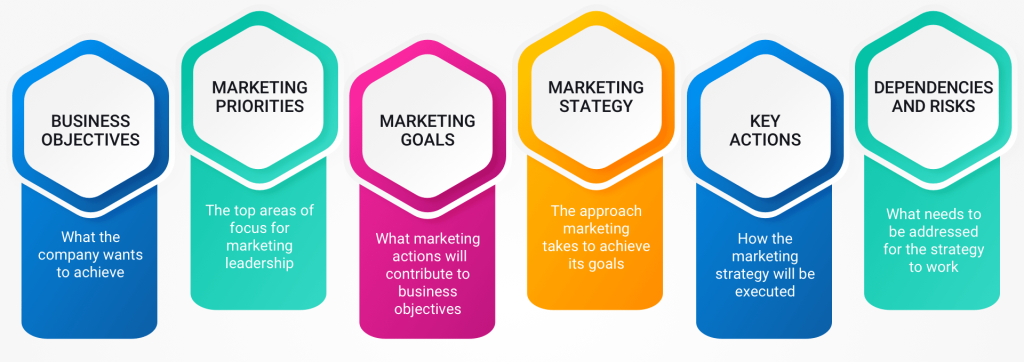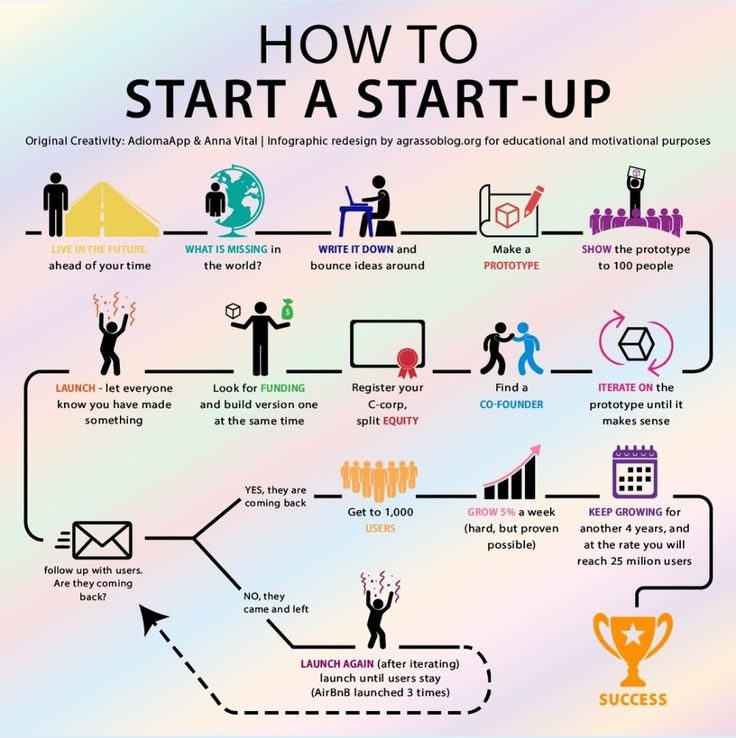Introduction
India is rapidly becoming a hotspot for startup business . With a massive consumer base, growing digital access, and strong government support, launching a startup business in India is more accessible than ever in 2025. From tech innovations to sustainable ventures, the ecosystem supports bold ideas and disruptive thinking. Government initiatives like Startup India and DPIIT recognition offer funding and legal ease. Whether you’re a student or a seasoned professional, the time to build your dream startup is now. Tap into India’s booming entrepreneurial wave and turn your vision into reality.
What is a Startup in Business?
A startup business is a newly formed venture that aims to develop a unique product or service and bring it to market. Startups are characterized by innovation, scalability, and high growth potential. Unlike traditional small businesses, startups focus on rapid expansion and often rely on technology to gain a competitive edge. The goal is not just to sustain the business but to transform an industry or create a new one entirely.

Which Business is Most Profitable?
ive digital marketing strategies to reach their target audiences. Providing services like SEO, social media management, content marketing, and PPC advertising can be highly profitable, e
1. Cloud Kitchens: These eliminate the need for a dine-in space, significantly reducing investment costs. They cater to the growing demand for food delivery services, particularly in urban areas.
2. Online Grocery Business: With the increasing reliance on online platforms, this business model offers a convenient and profitable way to meet consumer needs.
3. Website Designing: The rise of e-commerce and online businesses has made website design a highly sought-after service. Offering expertise in website development and maintenance can be a lucrative venture, especially with the focus on user experience and mobile-friendliness.
4. Digital Marketing Services: Businesses of all sizes need effectspecially with the increasing reliance on online channels.
5. Sustainable and Eco-Friendly Products: With growing environmental awareness, businesses that offer sustainable and eco-friendly products are experiencing high growth potential. This can be applied to various product categories, including household goods, beauty products, and pet supplements.
Which Business is Best for Startups?
The best business for startups depends on market trends, personal interests, and technological feasibility. In India, the most promising sectors include healthtech, edtech, fintech, agritech, and clean energy. These industries address essential needs and attract investments, making them ideal for startup entrepreneurs. Businesses that provide digital solutions, cater to underserved populations, or solve localized problems are particularly suitable for startups.
Startup Business Ideas
The Indian market offers a diverse range of startup business ideas. Entrepreneurs can explore:
– AI-powered customer service bots
– Subscription-based organic food services
– Regional language learning platforms
– Home healthcare and elderly care services
– Agri-input supply chains and smart farming solutions
– Digital lending and personal finance apps
– Mental wellness platforms and therapy access
The key is to identify a niche, validate the demand, and design a product or service that offers convenience and value to users.
How Do Startups Work?
Startups work through a structured yet flexible model. It begins with identifying a problem and proposing an innovative solution. Entrepreneurs validate the idea through research and feedback. Once the idea is validated, a minimum viable product (MVP) is developed and introduced to early adopters. Based on customer input, the product is improved and marketed to a larger audience. Funding is raised through various sources to support growth, operations, and scaling efforts. Agile methodology, constant innovation, and data-driven decision-making are core to startup functioning.
Explore How to Launch a Successful Startup Business
Starting your own venture is more than just an idea—it’s about turning vision into reality. Whether you’re a first-time entrepreneur or looking to scale your business, understanding the basics of a startup business is essential. From ideation to funding and marketing, startups require careful planning and execution. Learn how to navigate legal registration, build a business model, and create a strong online presence. Discover practical tips, government schemes, and proven strategies that help startup businesses grow in today’s competitive market. Learn more about Startup Business here
How to Start a Business in 7 Easy Steps
1. Identify a problem or need in the market.
2. Research your competitors and audience.
3. Develop a business plan detailing goals, finances, and operations.
4. Choose a legal structure and register your startup.
5. Build a prototype or MVP of your product or service.
6. Launch your startup business and begin marketing.
7. Measure results, gather feedback, and scale accordingly.
Each step involves careful planning and execution. Networking with mentors, accelerators, and industry peers can also enhance your startup’s success.

Startup India Seed Fund Scheme
The Startup India Seed Fund Scheme is an initiative by the Government of India to support early-stage startups. It offers financial assistance up to ₹50 lakhs to cover costs related to product development, proof of concept, and market entry. Startups must be recognized by DPIIT and be less than two years old to qualify. This scheme also provides mentoring support and access to incubators, making it easier for new entrepreneurs to begin their journey.
startup business loan by indian government
The Indian government supports new entrepreneurs through various startup business loan schemes. Key programs include the MUDRA Loan, offering up to ₹10 lakh for micro and small businesses, and the Startup India Seed Fund Scheme, which provides financial assistance for prototype development and market entry. Additionally, SIDBI and CGTMSE support credit without collateral. These initiatives aim to boost innovation, generate employment, and empower India’s startup ecosystem. For any aspiring entrepreneur, these government-backed loans can be a vital stepping stone to turning ideas into successful ventures.
Startup Business in India: Ecosystem Overview
India is the third-largest startup ecosystem globally, hosting over 100,000 recognized startups. Cities like Bengaluru, Delhi NCR, Mumbai, and Hyderabad serve as major hubs, while tier-2 and tier-3 cities are quickly catching up. Government support, a large youth population, rising internet usage, and a growing middle class have all contributed to the rapid growth of startups. This ecosystem fosters innovation, job creation, and economic development.
Conclusion
Starting a startup business in India in 2025 is a rewarding venture. The market is vibrant, the infrastructure is supportive, and the opportunities are endless. Entrepreneurs must focus on building sustainable, customer-centric solutions while staying adaptable and resilient. With the right vision, strategy, and team, your startup can become a leading force in India’s evolving economy. Now is the time to take the leap and bring your business idea to life.
